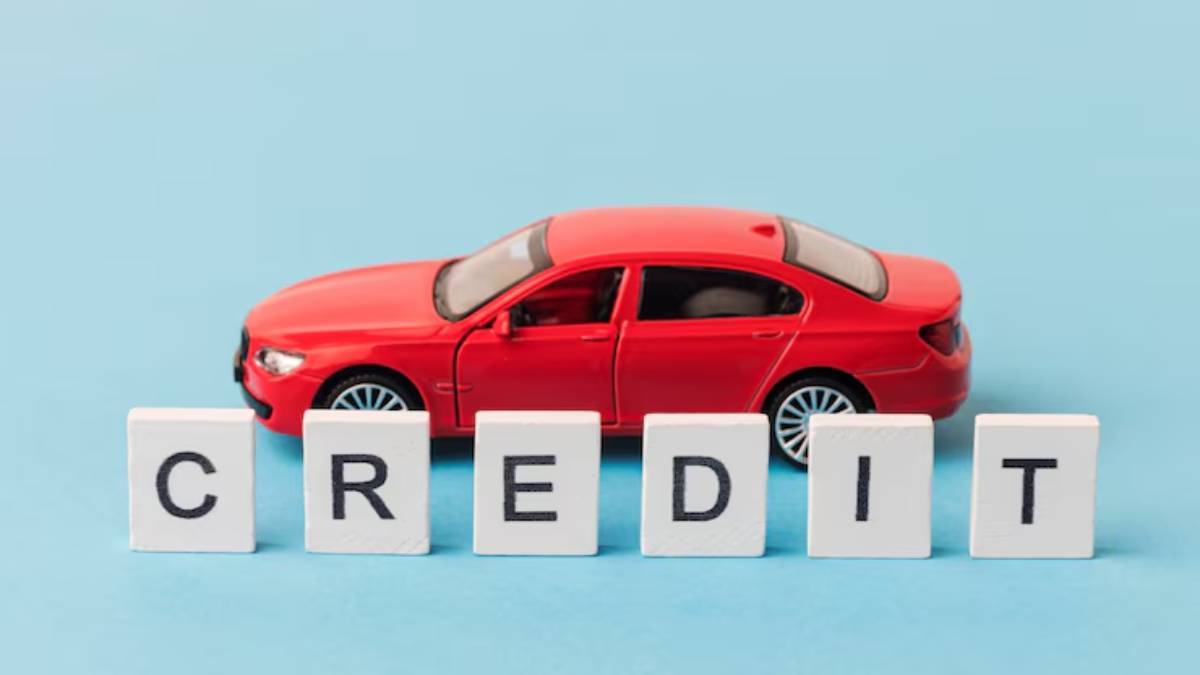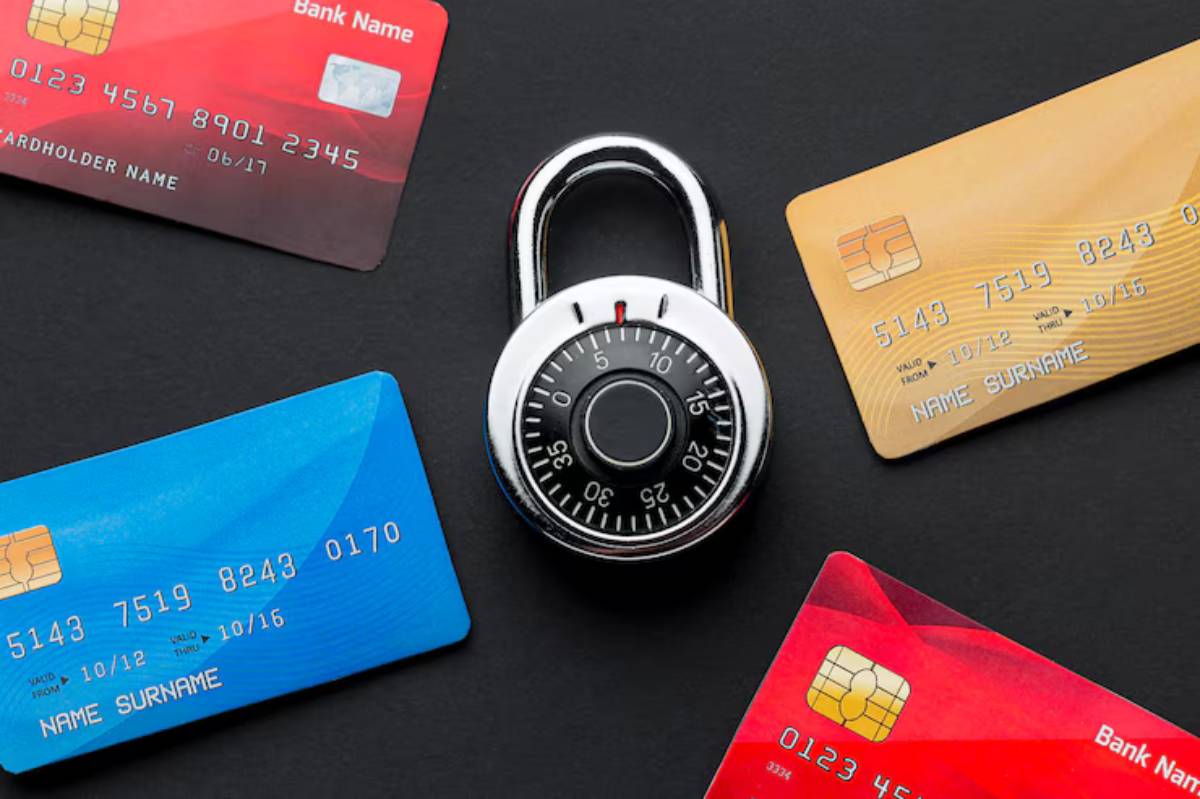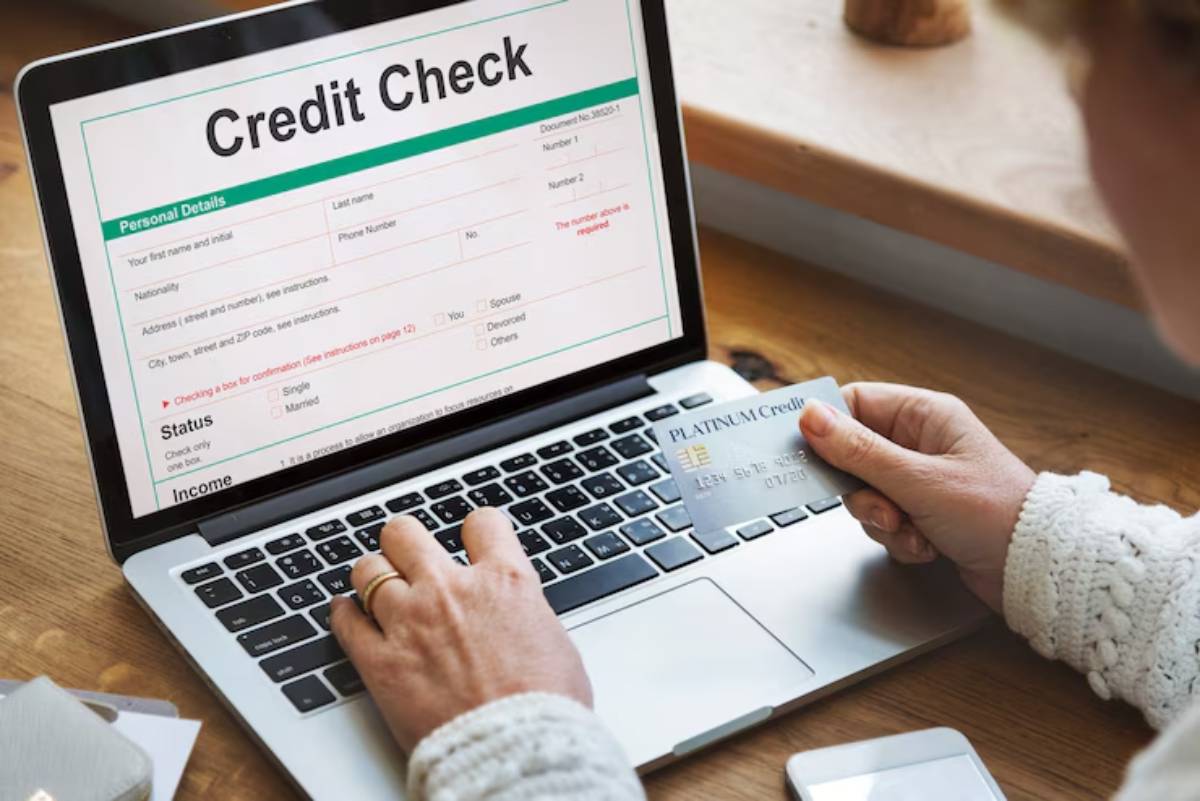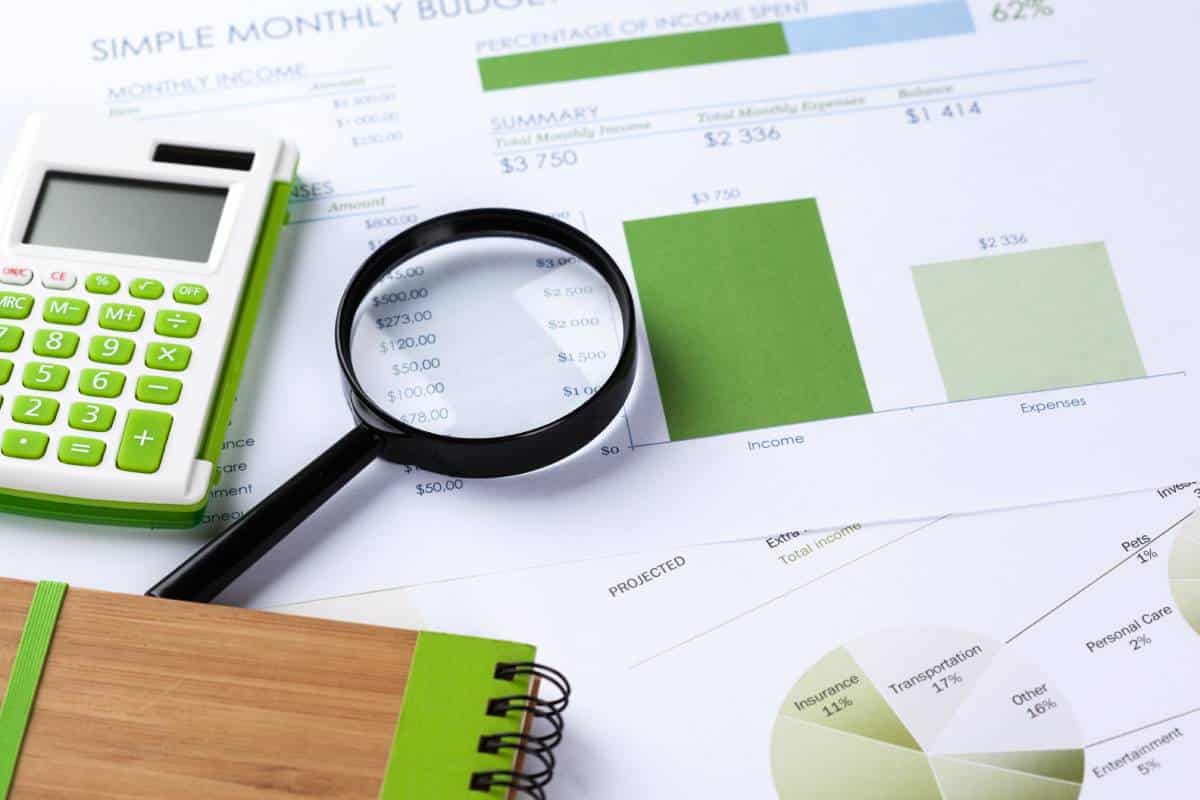
How Credit Reports Work and Why They Matter
When you apply for a loan, rent a flat, or even get a mobile phone plan, your credit report matters. But what exactly is a credit report? And why does it have such a big impact on your financial life?
Many people don’t fully understand how credit reports work. That can lead to confusion, missed opportunities, or even denied applications.
In this article, you’ll learn what a credit report is, how it’s created, what’s inside it, and how it affects your credit history. You’ll also discover how to check your report and what to do if something looks wrong.
What Is a Credit Report?
A credit report is a record of how you manage borrowed money. It includes details about loans, credit cards, payments, and more. Lenders look at this report to decide if you’re trustworthy with credit.
Who Creates Credit Reports?
Credit bureaus — also known as credit reference agencies — collect and maintain credit reports. In the UK, the main bureaus are:
- Experian
- Equifax
- TransUnion
In the US, the same three bureaus manage reports. These companies get data from banks, lenders, and public records. They use this data to build your credit report.
Each bureau may have slightly different information, depending on what lenders report and when.
What’s in a Credit Report?
Your credit report contains many details about your financial life.
Here’s what you’ll typically find:
1. Personal Information
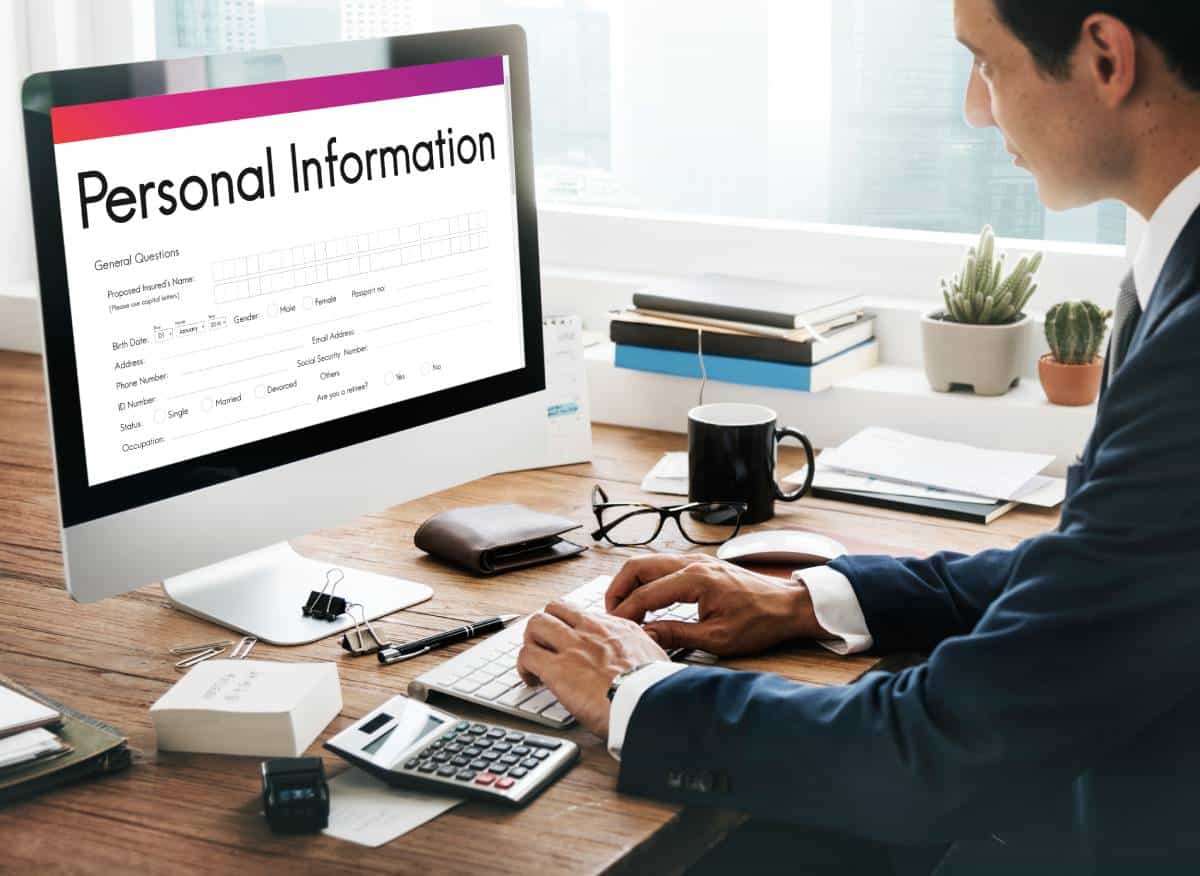
- Full name
- Date of birth
- Address history
- National Insurance or Social Security number (in the US)
This section helps match your credit file to you.
2. Credit Accounts
Lists of:
- Credit cards
- Loans
- Mortgages
- Store cards
- Car finance
Each entry shows:
- The lender
- The account type
- Credit limit or loan amount
- Payment history
- Current balance
- Whether you’ve paid on time
3. Credit Inquiries
This section shows who has looked at your report and why.
There are two types:
- Soft checks: For quotes or personal use — these don’t affect your score
- Hard checks: For applications — too many can lower your score
4. Public Records and Defaults
- Bankruptcies
- County Court Judgments (CCJs)
- Missed payments
- Defaults or settled debts
These stay on your report for up to six years and can lower your credit score.
5. Financial Associations
If you have joint accounts (like a loan or mortgage with someone else), their name will appear here. Their credit habits can affect yours.
Why Credit Reports Matter
Lenders use credit reports to assess risk. If you’ve paid bills on time, you’ll look more reliable. If you’ve missed payments or defaulted on loans, they may be less willing to lend.
Here’s how your report is used:
- Loans and mortgages: Lenders check your credit before approving large loans
- Credit cards: Issuers look at your report to decide your limit and interest rate
- Renting: Landlords may check your report before offering a tenancy
- Mobile plans and utilities: Providers use your credit history to set terms
- Job applications: In some roles (especially in finance), employers may check your credit
For more on building your credit early, check out The Importance of Building Credit Early.
Credit Report vs. Credit Score
These two terms often get confused, but they are not the same.
- A credit report is the full record of your credit history
- A credit score is a number based on that report
Credit bureaus use your report to calculate your score, but lenders often use their own scoring models too.
How to Check Your Credit Report
In the UK, you can check your credit report for free using these services:
- Experian (through MoneySavingExpert Credit Club or Experian directly)
- Equifax (via Clearscore)
- TransUnion (via Credit Karma)
Why Check Your Report?
- Spot errors that could hurt your score
- Watch for fraud or identity theft
- Track your progress if you’re improving your credit
- Prepare before applying for a loan, mortgage, or credit card
What to Do If You Spot a Mistake
Mistakes happen. A wrong payment date, an account that’s not yours, or a loan you didn’t take out — all these can affect your report.
Here’s what to do:
- Contact the lender first: Ask them to correct the record
- File a dispute with the credit bureau: Each bureau has an online form
- Add a note to your file: If a dispute takes time, you can add an explanation
- Follow up: Make sure the error is fixed and the report is updated
How Long Does Information Stay on Your Report?
- Late or missed payments: Up to 6 years
- Defaults or CCJs: Up to 6 years from the date of issue
- Closed accounts: Stay for several years as a record of your history
- Hard checks: Usually disappear after 12 months
- Bankruptcy: Typically stays for 6 years
Keep a Healthy Credit Report
Maintaining your credit report is just as important as improving your credit score.
Here’s how:
1. Pay All Bills on Time
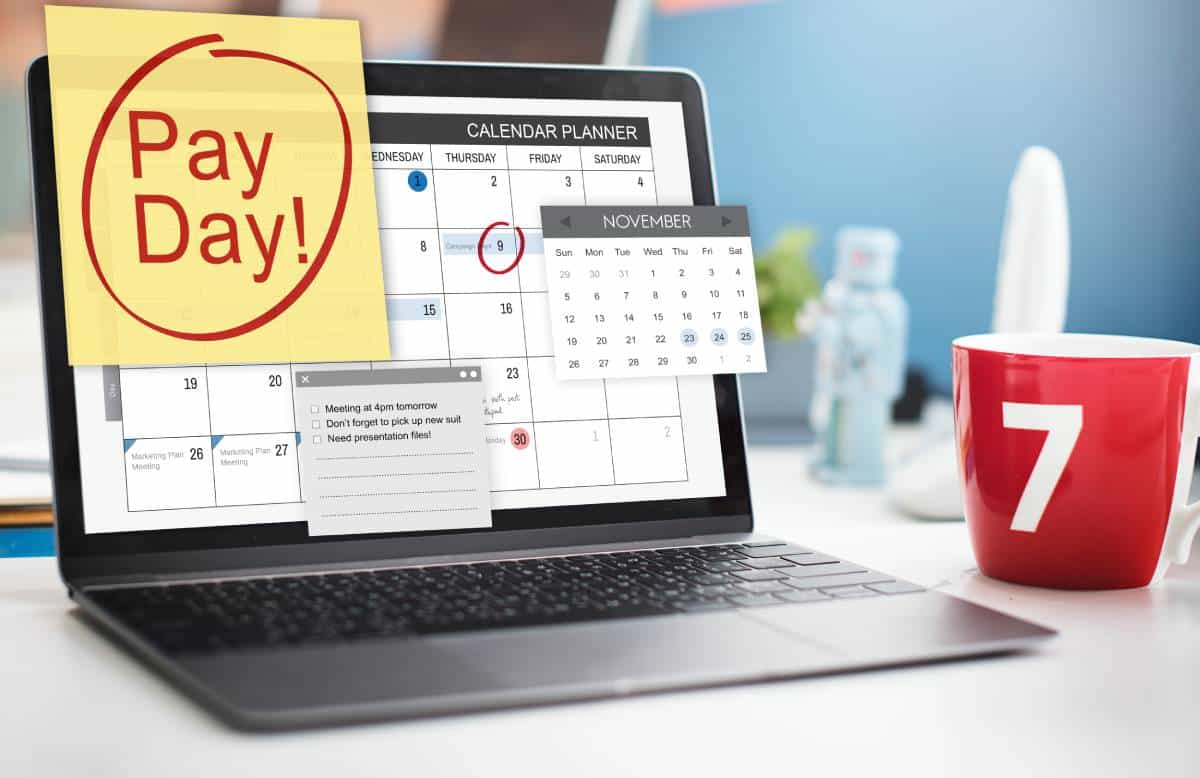
Late payments are reported and stay on your file for years.
2. Keep Credit Balances Low
High credit usage can make lenders think you’re struggling with money.
3. Don’t Apply for Too Much Credit at Once
Many applications in a short time can hurt your score and signal risk.
4. Keep Old Accounts Open
Older accounts add to your credit history and help with stability.
5. Review Your Report Every Few Months
Look for updates, changes, and possible errors. It’s free and takes just a few minutes.
How Credit Bureaus Work
Credit bureaus collect and organise data. They do not make lending decisions — they provide the information that banks and lenders use.
Each bureau may have slightly different data, so it’s worth checking all three from time to time.
Bureaus do not know your income or savings. They only report what you do with borrowed money — like credit cards and loans.
Who Can See Your Credit Report?
Not everyone can view your report. Only approved companies can access it — and only for specific reasons, like:
- A loan or credit card application
- A job that requires financial checks
- A rental or utility application
You must give consent for most checks, especially hard ones.
Take Charge of Your Credit History
Your credit history is more than just a list — it’s a picture of how you manage money. And your credit report is how others see that picture.
By checking your report, correcting mistakes, and building good habits, you can take control of your financial future. A clean, healthy report makes life easier and gives you more options.
To learn more about keeping tabs on your credit file, visit How to Monitor Your Credit Score Regularly.
